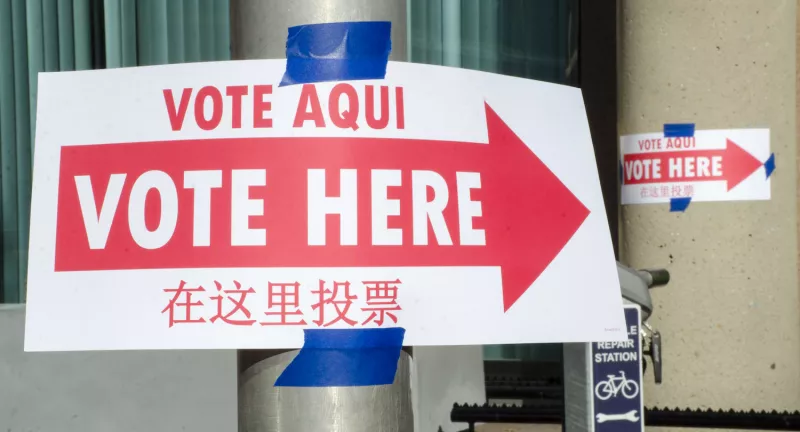Media Consumption
Social media has altered the way we consume and interact with different forms of media. CSMaP experts analyze the real-world implications of our online consumption, and how it impacts the political landscape.
Academic Research
-
Working Paper
Testing the Casual Impact of Social Media Reduction Around the Globe
Working Paper, December 2025
-
Working Paper
Do Age-Verification Bills Change Search Behavior? A Pre-Registered Synthetic Control Multiverse
Working Paper, March 2025
In January 2023, Louisiana enacted Act 440, requiring websites containing substantial adult content to verify users’ ages through government-issued identification or commercial verification services. Since the passing of this legislation, 17 additional states have adopted similar laws. Using Google Trends data and a preregistered synthetic control design, this paper examines the impact of these age verification requirements on digital behavior across four key dimensions: searches for the largest compliant website, the largest non-compliant website, VPN services, and adult content generally.Three months after the laws were passed, Our analysis reveals a 51% reduction in searches for the dominant compliant platform, accompanied by significant increases in searches for both the dominant non-compliant platform (48.1%) and VPN services (23.6%). Through multiverse analyses that incorporate multiple specifications and control group constructions, we demonstrate the robustness of these behavioral changes. Our point estimates remain consistent with our pre-registered hypotheses across 3,200 point estimates. Our findings highlight that while these regulation efforts reduce traffic to compliant firms and likely a net reduction overall to this type of content, individuals adapt primarily by moving to content providers that do not require age verification. Our methodological approach offers a framework for real-time policy evaluation in contexts with staggered treatment adoption.
Reports & Analysis
-
Analysis
Reducing Exposure To Misinformation: Evidence from WhatsApp in Brazil
Deactivating multimedia on WhatsApp in Brazil consistently reduced exposure to online misinformation during the pre-election weeks in 2022, but did not impact whether false news was believed, or reduce polarization.
August 16, 2024
-
Analysis
Latinos Who Use Spanish-Language Social Media Get More Misinformation
That could affect their votes — and their safety from covid-19.
November 8, 2022
News & Commentary
-
Commentary
The Joe Rogan of the left, right, and center is just … Joe Rogan
A new analysis of podcasts shows that Rogan isn't as MAGA as you think.
December 18, 2025
-
Commentary
Platform-Independent Experiments on Social Media
Two of our core faculty, Joshua Tucker and Jenny Allen, recently published a perspectives piece in Science in response to the recently published article, "Reranking partisan animosity in algorithmic social media feeds alters affective polarization."
November 27, 2025



